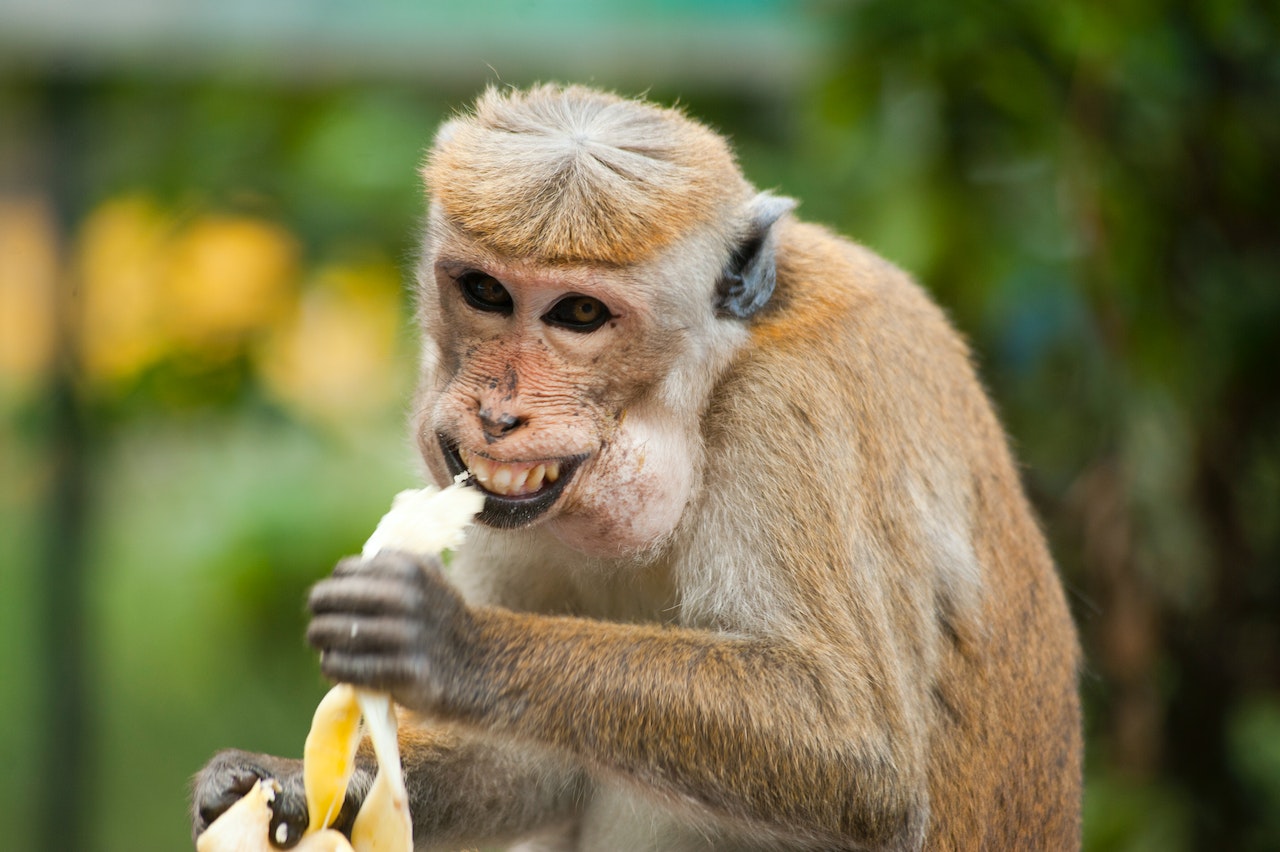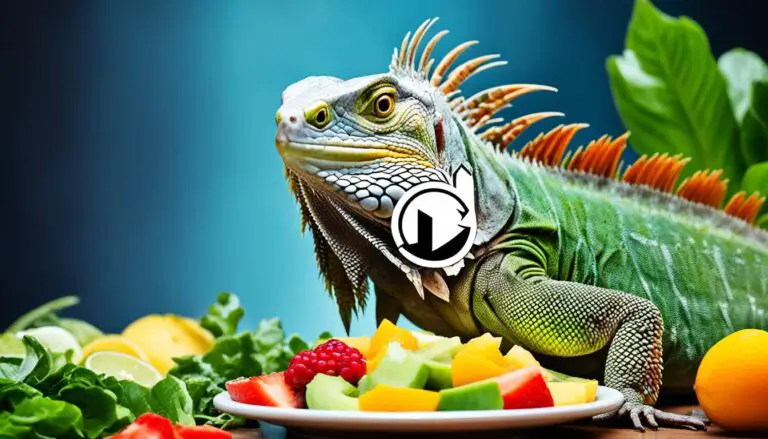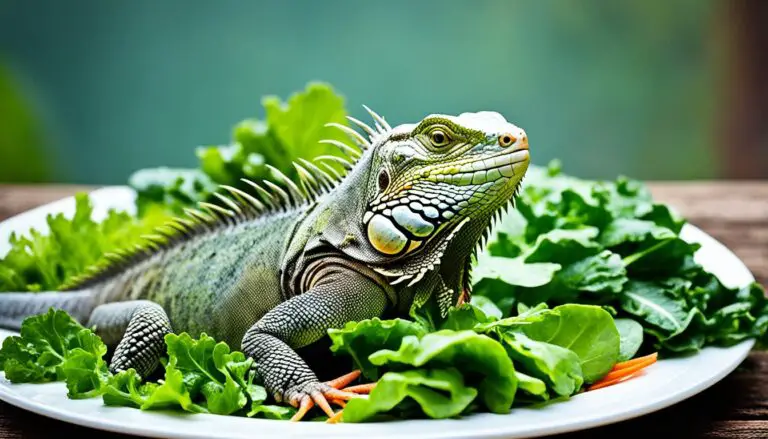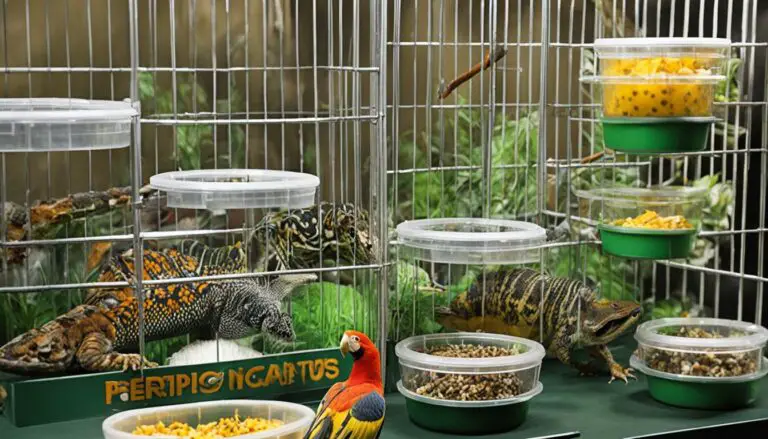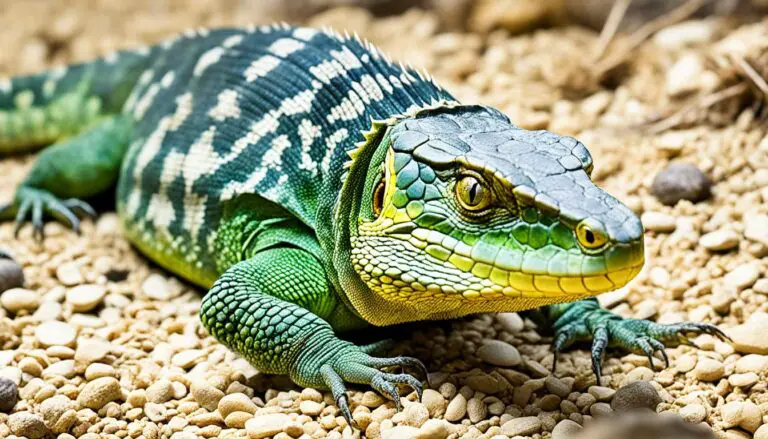How to Create a Balanced Diet for Your Exotic Pet: Helpful Tips
Exotic pets, just like their wild counterparts, require a balanced diet to thrive.
However, unlike cats and dogs, determining the nutritional needs of an exotic pet can be challenging, given the diversity of species and their dietary preferences.
In this article, we’ll discuss how to create a balanced diet for your exotic pet.
Understanding the Importance of a Balanced Diet for Your Exotic Pet
A balanced diet is essential for maintaining the health and well-being of your exotic pet.
Providing your pet with a diet that meets its nutritional needs will help prevent malnutrition and associated health problems, such as stunted growth, weakened immune system, and digestive issues.
On the other hand, an unbalanced diet can lead to obesity, metabolic disorders, and other chronic health conditions.
What Makes Up a Balanced Diet for an Exotic Pet?
A balanced diet for an exotic pet should consist of the right amount of protein, carbohydrates, fats, vitamins, minerals, and water.
Let’s take a closer look at each of these nutrients.
1. Determining the nutritional needs of your pet
Before creating a diet plan, it’s important to determine the nutritional needs of your exotic pet.
The nutritional requirements of your pet will depend on factors such as species, age, activity level, and health status.
Consult with a veterinarian or a qualified exotic pet nutritionist to determine the specific needs of your pet.
2. Protein and amino acids
Protein is essential for building and repairing tissues, maintaining a healthy immune system, and producing enzymes and hormones.
Different species of exotic pets require varying levels of protein.
For instance, carnivorous species such as ferrets and snakes require a higher protein intake than herbivorous species like rabbits and tortoises.
In addition to protein, amino acids, which are the building blocks of protein, are also essential for your pet’s health.
3. Carbohydrates
Carbohydrates provide energy for your pet’s daily activities.
However, not all exotic pets require the same amount of carbohydrates.
For instance, herbivorous species such as guinea pigs and chinchillas require a high-fiber, low-carbohydrate diet, while carnivorous species such as lizards and snakes require minimal amounts of carbohydrates.
4. Fats
Fats provide a concentrated source of energy, insulation, and support for vital organs.
Exotic pets require a diet that is low in saturated fats and high in unsaturated fats, such as omega-3 and omega-6 fatty acids.
5. Vitamins and minerals
Vitamins and minerals are essential for various body functions, including bone growth, blood clotting, and immune system health.
A balanced diet for an exotic pet should include a variety of vitamins and minerals, such as calcium, phosphorus, and vitamin D, to prevent deficiencies and associated health problems.
6. Water
Water is essential for maintaining proper body temperature, digestion, and waste removal.
Exotic pets require fresh, clean water at all times.
Creating a Balanced Diet Plan for Your Exotic Pet
Now that you know what nutrients your exotic pet needs, let’s explore how to create a balanced diet plan.
1. Selecting the right food
Selecting the right food for your exotic pet is crucial for providing a balanced diet.
For instance, herbivorous species such as rabbits and tortoises require a diet that is high in fiber and low in fat and protein.
On the other hand, carnivorous species such as snakes and lizards require a diet that is high in protein and low in carbohydrates.
When selecting commercial pet food, look for products that are formulated specifically for your pet’s species and life stage.
You can also supplement your pet’s diet with fresh fruits, vegetables, and meat (if appropriate).
2. Proper food preparation
Proper food preparation is crucial for ensuring that your exotic pet’s diet is balanced and free of contaminants.
Wash fresh produce thoroughly and remove any seeds, pits, or leaves that are toxic to your pet.
Cook meat thoroughly to kill any harmful bacteria.
3. Portion control
Portion control is essential for preventing overfeeding and associated health problems, such as obesity and digestive issues.
Consult with a veterinarian or a qualified exotic pet nutritionist to determine the appropriate portion size for your pet.
4. Feeding schedule
Establish a feeding schedule that is appropriate for your pet’s species and age.
Some species require frequent small meals throughout the day, while others can be fed one or two large meals per day.
Common mistakes to avoid when feeding your exotic pet
Here are some common mistakes to avoid when feeding your exotic pet:
1. Overfeeding
Overfeeding can lead to obesity and associated health problems, such as diabetes and heart disease.
Follow the portion size recommendations provided by your veterinarian or exotic pet nutritionist.
2. Feeding the wrong foods
Feeding the wrong foods can lead to nutrient deficiencies and associated health problems.
Avoid feeding your exotic pet foods that are toxic or inappropriate for their species.
3. Not providing enough variety
Not providing enough variety in your exotic pet’s diet can lead to boredom and associated behavioral issues.
Offer a variety of foods to ensure that your pet receives a balanced diet and enjoys their meals.
Conclusion
Creating a balanced diet for your exotic pet requires careful consideration of their species, nutritional needs, and feeding habits.
By selecting the right food, preparing it properly, controlling portions, and establishing a feeding schedule, you can ensure that your pet receives a healthy, balanced diet that supports their overall health and well-being.
FAQs
What are the most common nutritional deficiencies in exotic pets?
The most common nutritional deficiencies in exotic pets are related to calcium, vitamin D, and protein.
These deficiencies can lead to metabolic bone disease, weakened immune system, and stunted growth.
Is it necessary to provide supplements to my exotic pet?
Supplements may be necessary for some exotic pets to ensure that they receive adequate levels of certain nutrients.
Consult with a veterinarian or exotic pet nutritionist to determine whether your pet requires supplements.
Can I feed my exotic pet human food?
Some human foods can be fed to exotic pets in small amounts as treats, but they should not make up a significant portion of their diet.
Many human foods can be toxic or inappropriate for exotic pets, so it is essential to research the safety of each food item before feeding it to your pet.
How often should I change my exotic pet’s diet?
Changes to your exotic pet’s diet should be made gradually to prevent digestive upset.
Consult with a veterinarian or exotic pet nutritionist before making any significant changes to your pet’s diet.
How can I ensure that my exotic pet is getting enough water?
Ensure that your exotic pet has access to fresh, clean water at all times.
Offer water in a dish that is cleaned and refilled daily, or install a water bottle or fountain if appropriate for your pet’s species.
What should I do if I suspect that my exotic pet is experiencing a nutritional deficiency?
If you suspect that your exotic pet is experiencing a nutritional deficiency, consult with a veterinarian or exotic pet nutritionist.
They can help diagnose and treat any deficiencies and provide recommendations for adjusting your pet’s diet.
Peter Stones is the founder of Exotic Pets Place, the leading online resource for exotic pet care information.
With over 10 years of hands-on exotic pet ownership experience, he is deeply passionate about sharing his expertise to help others properly care for their unusual pets.
When he's not writing extensively researched articles or connecting with fellow exotic pet enthusiasts worldwide, you can find Peter at home tending to his own beloved menagerie of exotic animals.

